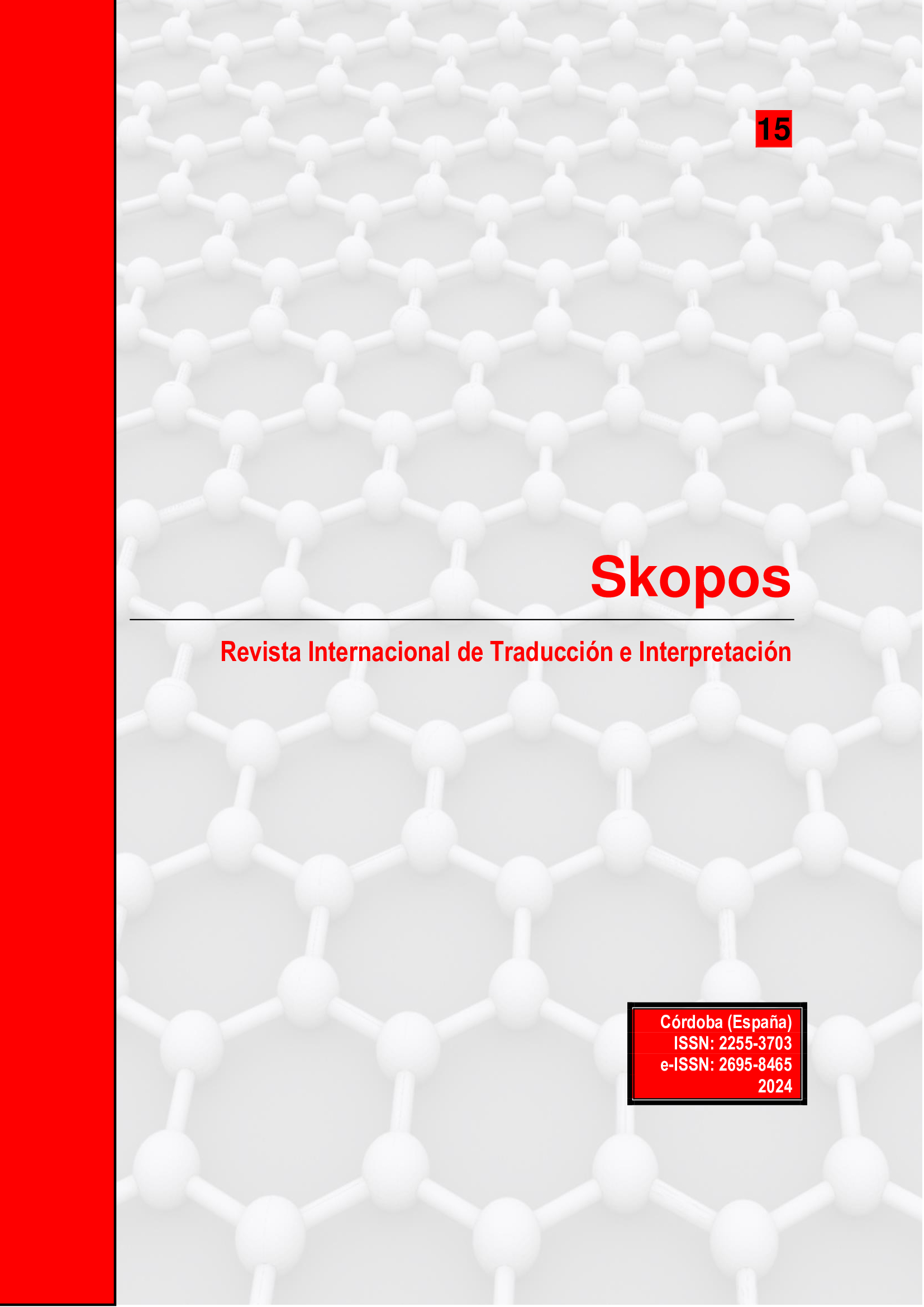The judicial interpreter: genre conventions of an oral trial (German-Spanish/ Spanish-German)
The judicial interpreter: genre conventions of an oral trial (German-Spanish/ Spanish-German)
Abstract
In the development of a judicial process, the proper expressions of the specialized jargon appear very frequently, and they are repeated continuously in the oral hearings. These conventions are a part of the proper judicial procedure, and they belong to the Law and its Interpretation. However, there are a few pieces of research in this expertise area and the Judicial Interpreter himself/herself does not always know them. This is due to the fact that the figure of the judicial interpreter has not yet been clearly defined and because of the lack of formation in this area. Therefore, the main aim of this study is to define the figure of the judicial interpreter and his/her functions and to create a German-Spanish-German glossary with the main conventions within this specific legal proceeding.
Downloads
Published
How to Cite
Issue
Section
License
Política propuesta para revistas que ofrecen acceso abierto. Aquellos autores/as que tengan publicaciones con esta revista, aceptan los términos siguientes:
- Los autores/as conservarán sus derechos de autor y garantizarán a la revista el derecho de primera publicación de su obra, el cuál estará simultáneamente sujeto a la Licencia de reconocimiento de Creative Commons que permite a terceros compartir la obra siempre que se indique su autor y su primera publicación esta revista.
- Los autores/as podrán adoptar otros acuerdos de licencia no exclusiva de distribución de la versión de la obra publicada (p. ej.: depositarla en un archivo telemático institucional o publicarla en un volumen monográfico) siempre que se indique la publicación inicial en esta revista.
- Se permite y recomienda a los autores/as difundir su obra a través de Internet (p. ej.: en archivos telemáticos institucionales o en su página web) antes y durante el proceso de envío, lo cual puede producir intercambios interesantes y aumentar las citas de la obra publicada. (Véase El efecto del acceso abierto).






